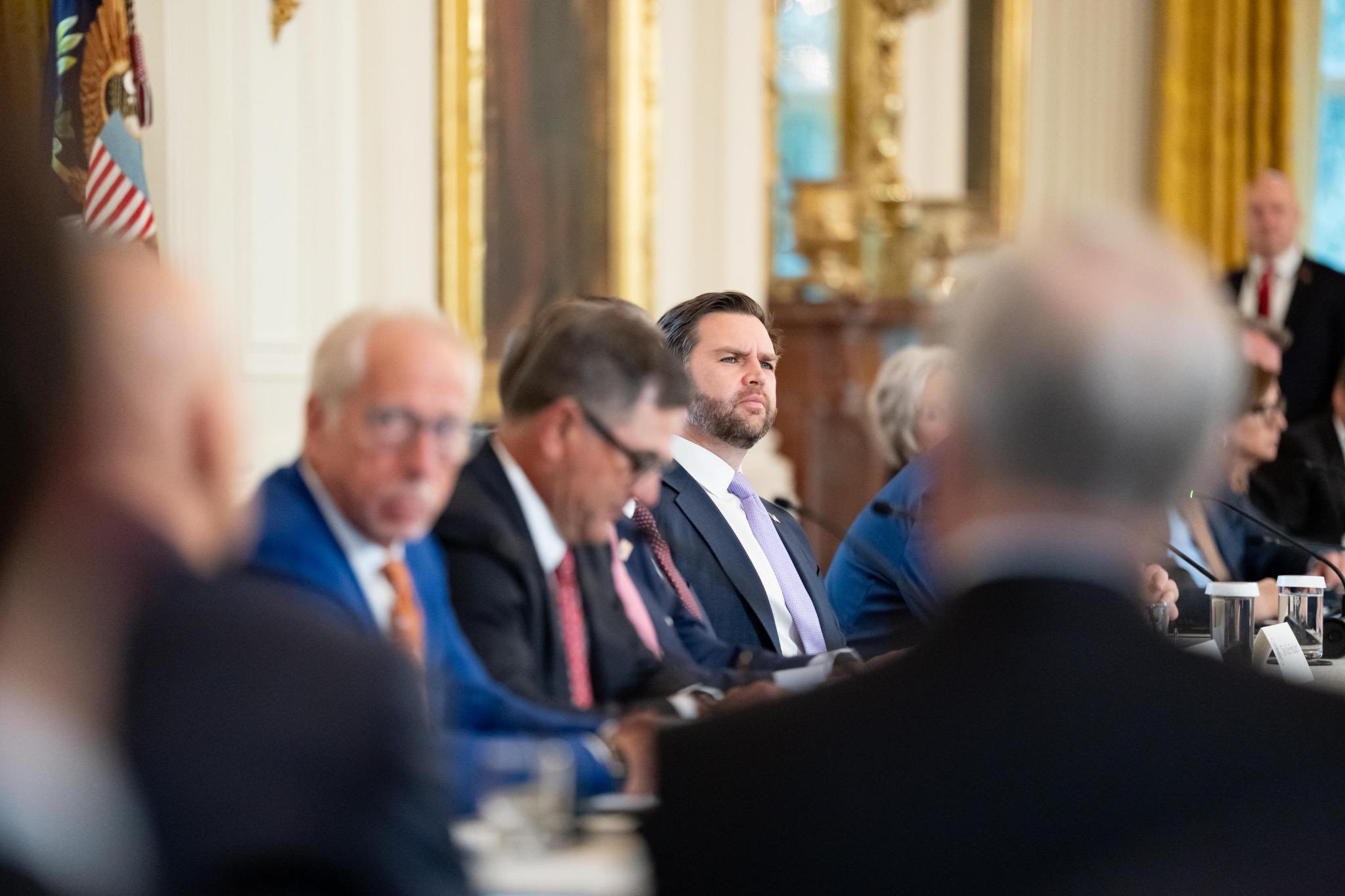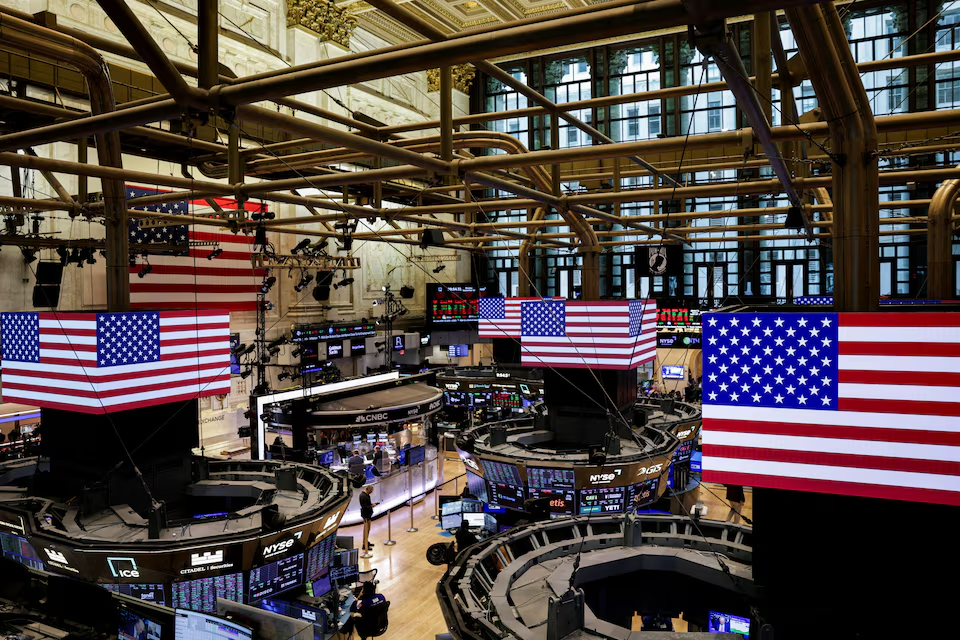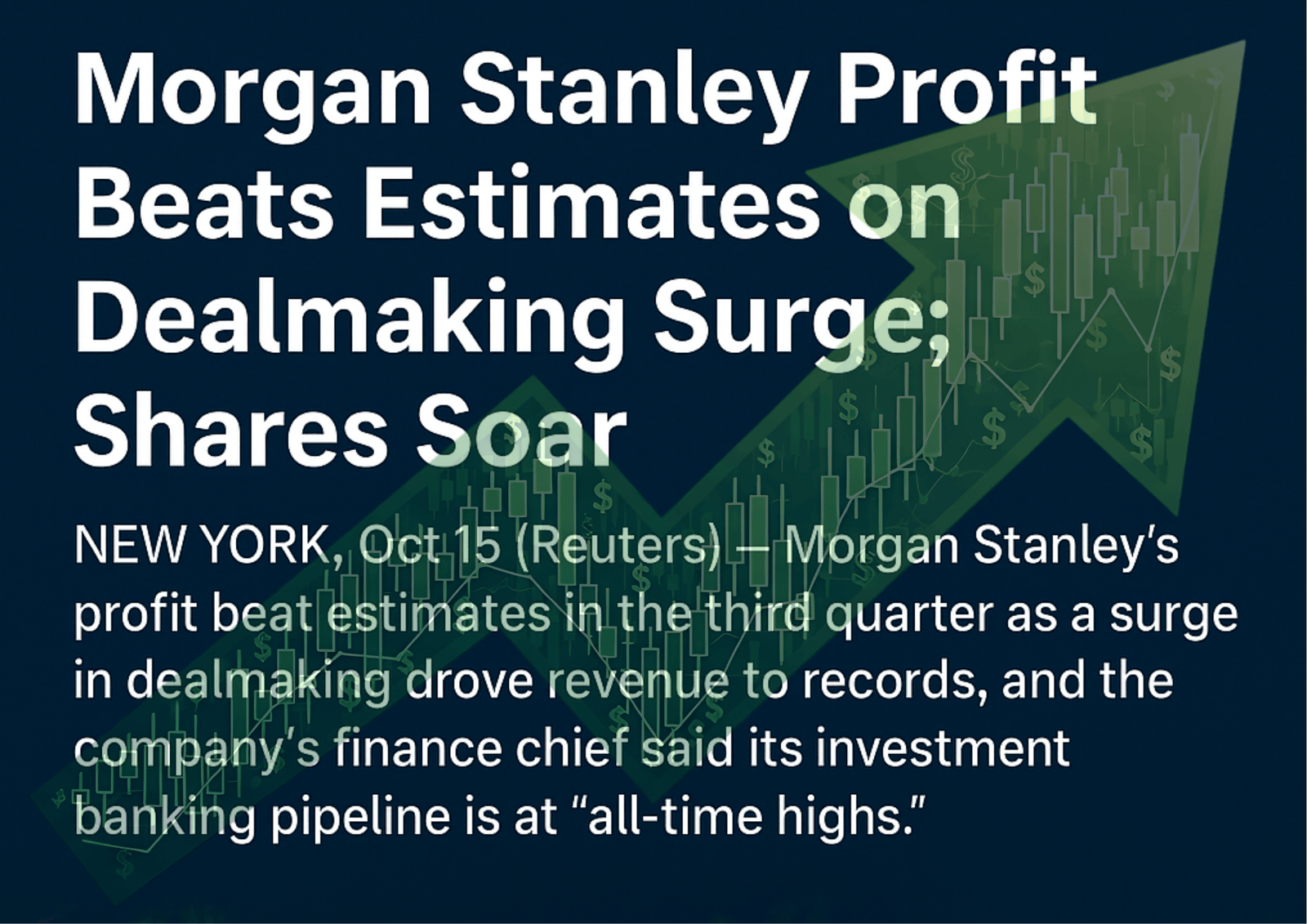April 2 – Liberation Day: New Import Tariffs to Be Introduced in Global Markets – White House Press Secretary Caroline Levitt
U.S. President Donald Trump has declared April 2 as 'Liberation Day' to implement his new import tariff policy
April 2 – Liberation Day: New Import Tariffs to Be Introduced in Global Markets – White House Press Secretary Caroline Levitt
April 2 – Liberation Day: New Import Tariffs to Be Introduced in Global Markets – White House Press Secretary Caroline Levitt
New York, April 1: U.S. President Donald Trump has declared April 2 as 'Liberation Day' to implement his new import tariff policy. He claims that this tariff will free America from reliance on foreign goods. However, analysts are concerned that these measures could have a significant impact on the global economy.
What Will Happen on April 2? White House Press Secretary Caroline Levitt has stated that Trump will announce the details of his 'reciprocal' tariff policy. The plan includes imposing new tariffs on almost all U.S. commercial trade partners. It is unclear how the tariff rates will be determined; they may be set separately by country or implemented as an average.
Which Products Will Be Affected by New Tariffs?
-
25% tariff on oil or gas imported from Venezuela.
-
25% tariff on imported cars starting from April 4.
-
New tariffs on car parts by May.
-
Increase in the previous 10% tariff on Chinese goods to 20%.
-
25% tariff already in effect on steel and aluminum.
Global Market Reactions and Potential Retaliatory Measures: Analysts believe that Trump’s new tariff policy will increase product prices, putting pressure on American consumers. China, Canada, and the European Union have already threatened to impose retaliatory tariffs.
-
China has imposed tariffs of up to 15% on U.S. coal, liquefied natural gas, and agricultural products.
-
The European Union has announced retaliatory tariffs on U.S. goods worth 26 billion euros, including beef, poultry, bourbon whiskey, motorcycles, and denim.
Analysts believe that the April 2 announcement could escalate the trade war, potentially having a negative effect on the global economy. Due to Trump's tariff policies, investor confidence is decreasing, and market instability is increasing. It remains to be seen how international trade will change after the new tariffs are imposed.










